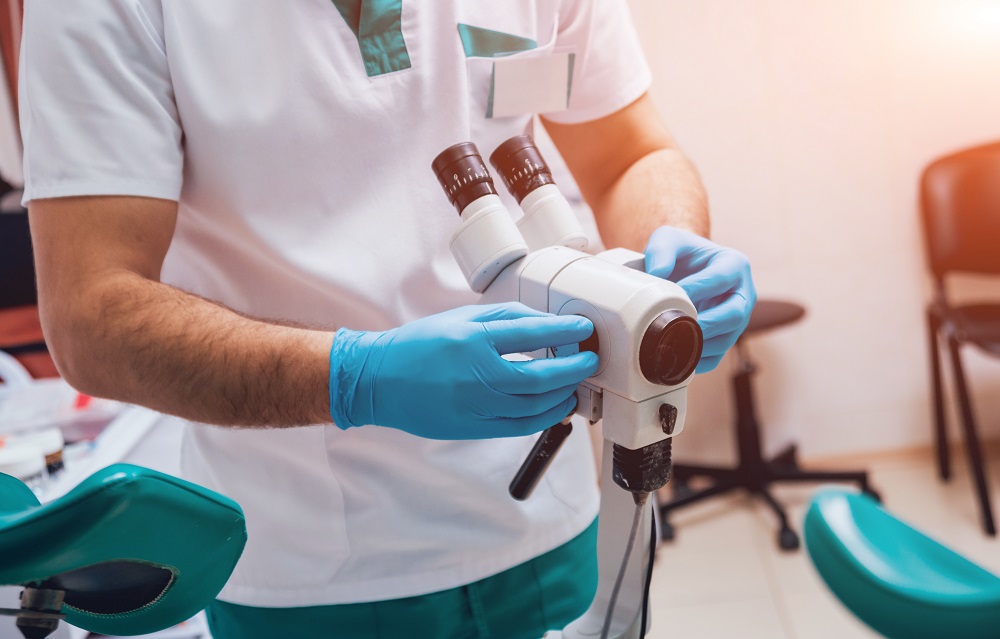This service or treatment is generally covered by most health insurance policies. You are responsible for checking your insurance policy cover, and you may need a referral letter. Check which insurance companies are covered.
You will have been invited to have a colposcopy because of the result of your cervical screening test (previously called a ‘smear test’). This is usually for one of 4 reasons, which are:
- We found some abnormal cells in your cervix and an infection with human papillomavirus (HPV)
- You have an HPV infection which hasn’t gone away
- You have had several screening tests where we were unable to give you a result (it is likely there is nothing wrong, but a colposcopy can find out for sure)
- The nurse or doctor who carried out your screening test thought your cervix did not look as healthy as it should





